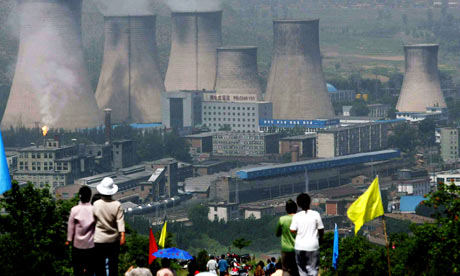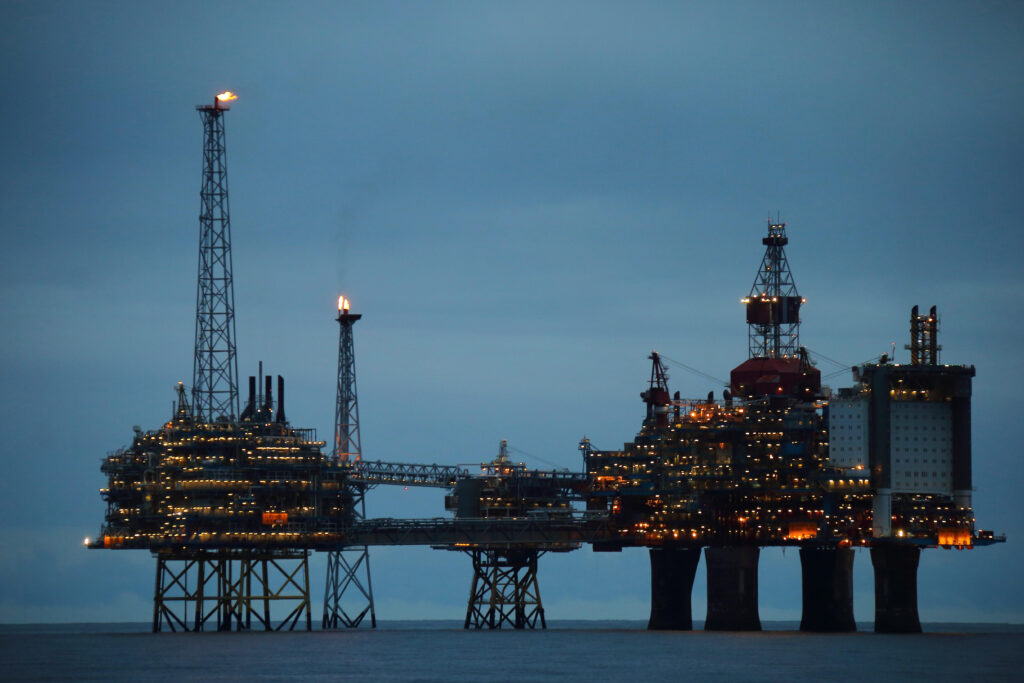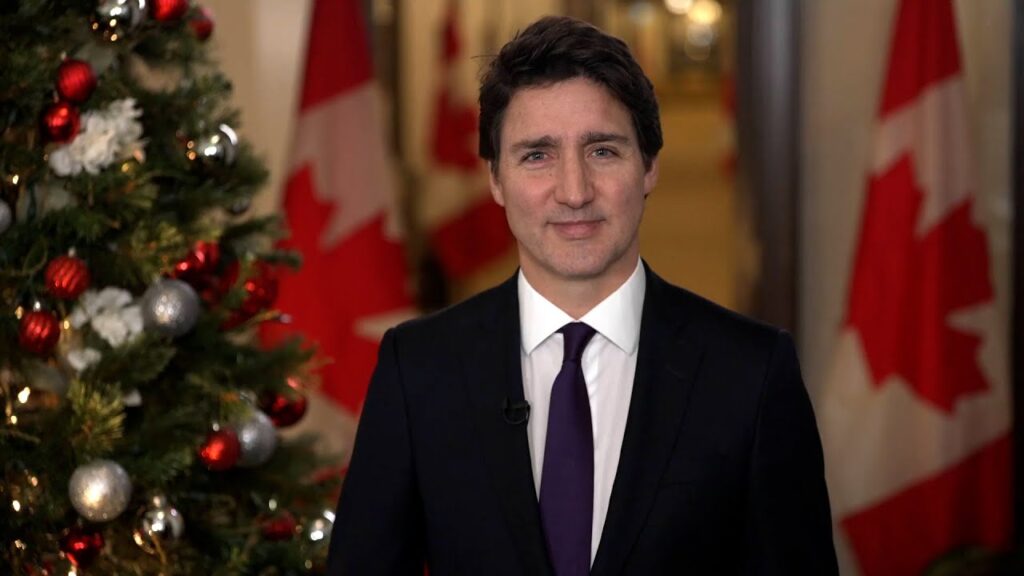A global public opinion poll shows that people around the world are demanding that their governments do more to tackle to climate change – often in the largest emitting countries.
The survey by WorldPublicOpinion.org surveyed 18,578 in 19 countries and found that 60% of people think their governments should be doing more to reduce carbon emissions. Only 18% felt their governments were doing enough and 12 % thought they were doing too much.
Nations with the highest frustration with their own government’s inaction on climate change included South Korea at 81%, Mexico at 79% and the UK where 77% felt the government should be doing more.
Even in countries with massive emissions, most citizens felt their government was dragging its feet on climate policy. For instance, 61% in China think their government should do more, 56% in Russia, and 51% un the US.
The main take away from this expansive polling effort is that people around the world recognize that climate change is a crisis and are demanding collective action, in spite of the global recession.
“Many government leaders express worry that their publics are not really ready to absorb the hardships that would come with addressing climate change,” said Steven Kull, a director at WorldPublicOpinion.org. “But most people around the world appear to be impatient that their government is not doing enough to address the problem,” he said.
One of the outliers in the data was the United States. When asked to rate how high a priority the government should place on dealing with climate change, Americans on average said only 4.7 out of 10. This compares with 9.1 for people living in Mexico, 8.8 for China and 8.2 of the UK.
Even countries with brutal security and poverty problems such as Iraq and the Palestinian Territories had a higher rate of public concern about climate policy.
So why is US public awareness of this global crisis at the bottom at the bottom of the barrel? Perhaps because America is ground zero for the denial machine’s efforts to confuse the public about climate science.
“Other countries don’t necessarily have Rush Limbaugh and Fox News and people like Glenn Beck who go on TV every day and try to make people believe that climate change doesn’t exist,” said climate policy observer Nick Berning. “They don’t have a coordinated war on science like we see here. That’s left some Americans ambivalent. It can be confusing.”
People in other countries also haven’t been subjected to a $45 million PR campaign funded by the coal industry to convince the public the world’s dirtiest fuel is “clean”. They also don’t have to contend with a constellation of Astroturf groups funded by Big Oil to confuse the public on climate science.
The US was also one of the only countries in the world where the head of state for eight years was publicly questioning the “theory” of global warming.
While the US under the Obama Administration has made great strides to improve energy policy, they remain saddled with enormous public ignorance on climate science resulting from decades of spin doctoring from the fossil fuel lobby.
A good example of this is how public opinion on climate science splits on partisan lines. In California, 76% of Democrats and Independents feel that climate change is happening vs. only 36% for Republicans. According to Solveclimate.org, 34% of Republicans said global warming would never happen, up from 24% last year.
This stunning level of misinformation is not just Obama’s problem, it is humanity’s problem. The upcoming climate gathering in Copenhagen this December will determine whether the world can collectively come together to deal with this crisis. It seems that world public opinion, and about half of American public opinion is already there.
However, the tiny minority of those in the world who remain indignantly ignorant of climate science represent a disproportionately powerful voice in the most powerful nation on Earth. Big Oil knows that and they are blowing the bundle to ensure that things stay that way.
As they say in the PR business: “It pays to advertise.”
Subscribe to our newsletter
Stay up to date with DeSmog news and alerts







